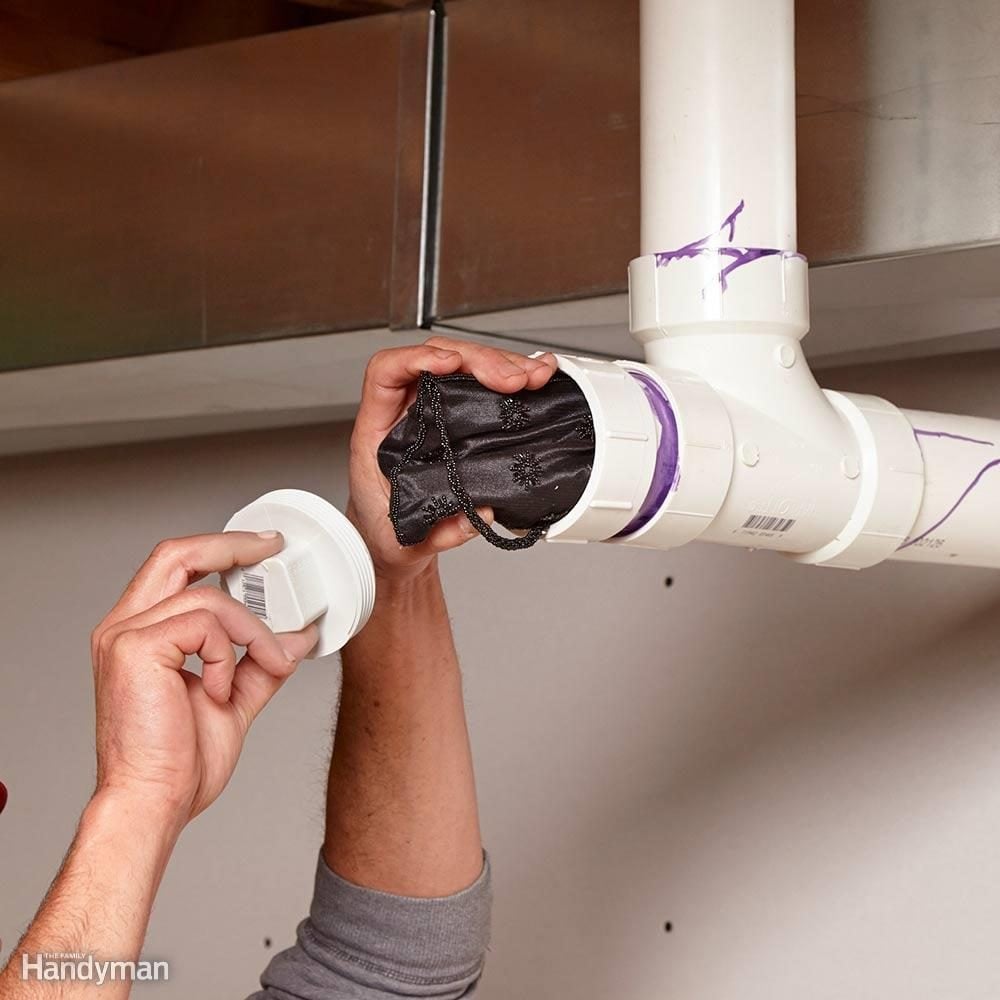The Leading Winterizing Techniques: 5 Ways to Secure Pipe Bursts
The Leading Winterizing Techniques: 5 Ways to Secure Pipe Bursts
Blog Article
We have uncovered this article about Prevent Freezing and Bursting Pipes directly below on the net and believe it made sense to talk about it with you in this article.

All homeowners that live in pleasant climates have to do their best to winterize their pipes. Failing to do so can lead to calamity like frozen, cracked, or burst pipes.
Attempt a Hair Dryer or Warm Weapon
When your pipes are virtually freezing, your trusty hair clothes dryer or heat weapon is a godsend. If the warm towels do not assist remove any resolving ice in your pipelines, bowling warm air directly right into them might aid. You might finish up harmful your pipes while trying to melt the ice.
Open Cupboard Doors Hiding Plumbing
It would certainly be helpful to open cabinet doors that are masking your pipelines when it's cold outside. For example, they could be someplace in your kitchen or shower room. This will certainly permit the warm air from your heater to flow there. Therefore, you protect against these subjected pipes from freezing. Doing this small method can keep your pipelines cozy as well as restrict the potentially dangerous outcomes of freezing temperatures.
Require Time to Cover Exposed Water Lines
One very easy as well as clever hack to warm up cold pipelines is to wrap them with cozy towels. You can cover them first with towels. After protecting them in place, you can put boiling water on the towels. Do it gradually to allow the towels soak up the liquid. You can additionally utilize pre-soaked towels in hot water, just don't fail to remember to use protective gloves to safeguard your hands from the warm.
Turn On the Faucets
When the temperature level decreases and it appears as if the cold temperature will certainly last, it will certainly help to activate your water both inside and outdoors. This will maintain the water flowing with your plumbing systems. In addition, the movement will certainly decrease the freezing process. Significantly, there's no requirement to transform it on full blast. You'll wind up wasting gallons of water this way. Instead, go for about 5 decreases per minute.
Turn off Water When Pipelines are Frozen
Shut off the major water shutoff instantly if you see that your pipelines are completely icy or almost nearing that phase. You will usually locate this in your cellar or utility room near the heater or the front wall surface closest to the street. Transform it off immediately to avoid further damage.
Don't forget to shut exterior water resources, also, such as your connection for the yard home. Doing this will certainly avoid added water from filling your plumbing system. With more water, more ice will load up, which will ultimately lead to break pipelines. If you are not sure about the state of your pipelines this winter months, it is best to call an expert plumber for an evaluation. Taking this proactive technique can save you hundreds of bucks out of commission.
All home owners who live in temperate environments should do their ideal to winterize their pipelines. Failure to do so can lead to catastrophe like frozen, cracked, or ruptured pipes. If the hot towels do not aid remove any kind of working out ice in your pipes, bowling hot air straight into them might help. Transform off the main water shutoff promptly if you see that your pipes are completely icy or nearly nearing that stage. With even more water, even more ice will stack up, which will at some point lead to burst pipelines.
PREVENT YOUR PIPES FROM FREEZING THIS WINTER
A Leading Cause of Property Damage
When the weather is taking a deep nose dive into the cold dreary days, the risk of your pipes freezing and potentially bursting skyrockets. Unfortunately, during these cold dreary months, burst pipes are the most common denominator for property damage. The pipes that are most at the risk are those that are in areas where it is most cold in your home. For instance, pipes located in interior places such as basements, attics, and your garage. Unfortunately, that doesn’t mean that the pipes running through your cabinets or exterior walls can’t freeze. Good news, however, is that you can do things to help prevent pipes from freezing.
How to Prevent Pipes From Freezing
Once the temperature starts to drop during the winter, you should be taking the proper measures needed to ensure that your pipes stay warm and that there is circulation of water through them. Some steps that experts may recommend could go against your better judgement when it comes to saving water and heat. However, it would go without saying that when expenses are compared, damaged pipes could put a bigger dent in your wallet than a water bill.
What Can I Do?
Keep your garage door closed. This is very important, especially if you have water supply lines running through your garage. Open your kitchen and bathroom cabinets to allow warm air to circulate through them. Allow air circulation throughout your home. Keeping the interior doors open will once again allow the warm air to circulate inside your home. Ensure your thermostat is running the same temperature throughout the night and day. If you plan to be away from home during the cold months, set your temperature no lower than 55° F. This should provide enough heat to keep the pipes warm and prevent any remaining water inside the pipes from freezing. For more of a long-term solution, add insulation to attics, basement, and other crawl spaces around your home. By allowing your faucet to drip, it will alleviate pressure in the system. This is important because the pressure that is created between the blockage and the faucet can potentially cause the pipes to burst. Allowing the faucet to drip will prevent the pressure from building up, therefore keeping the pipes from bursting. Seal any cracks, openings, and crawl spaces around your home to prevent cold air from coming inside. This keeps your pipes-not to mention your home-warmer and less susceptible to issues caused by freezing temperatures. For the pipes in your home that are easily accessible, applying electrical tape to them might prevent them from freezing over. This is a quick fix, as you can apply the tape directly to the pipe. There are two options for heating tapes. One turns on and off by itself when it senses heat is needed. The other type of heating tape needs to be applied when heat is needed and removed when not necessary. If you have exposed pipes in your home, you can check this website to take a look at a few options that would be available at a shop near you.

We had been introduced to that write-up on How to stop pipes from freezing during the winter from a friend on a different website. For those who appreciated our page if you please remember to share it. I am grateful for your time. Visit us again soon.
Quick response? Dial! Report this page